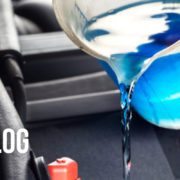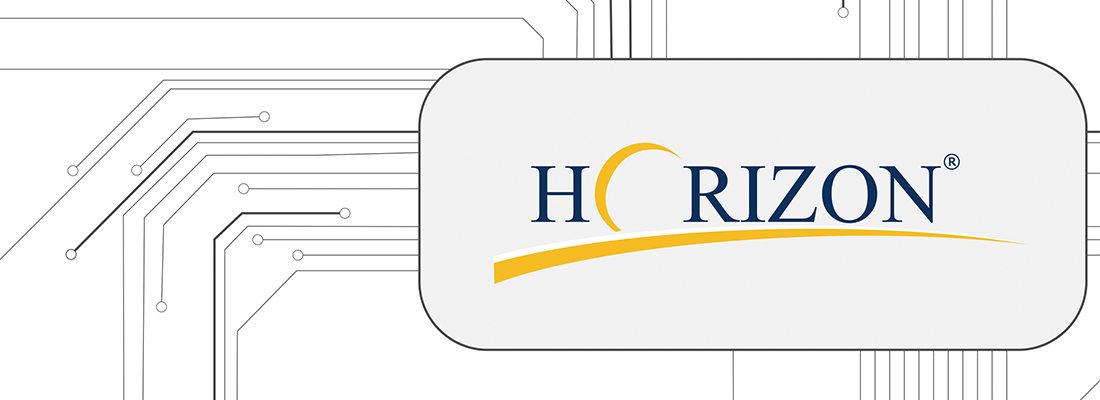Six Reasons Why Cooling Systems Need More Attention

It’s easy to think that coolant is separate from engines because it has its own system and fluid. But remember, your coolant flows through your engine and is just millimeters from the oil and fuel. For as vital as coolant is to the life of engines, it’s surprising how often it gets overlooked.
Here’s six reasons why coolants get overlooked and why that’s wrong:
-
-
-
-
- It isn’t changed as often as oil. Oil usually gets contaminated more quickly and needs to be changed, but coolant can be contaminated just as quickly.
- I use an extended life coolant. ELCs can be contaminated just as quickly as conventional coolants.
- I’ll just change the coolant every fall or spring. Conventional coolants can last two years and extended life coolant formulations can potentially last five or six years. In addition, changing the coolant will just mask some problems instead of fixing what caused the problem.
- All coolants are the same. Cooling systems have changed dramatically in the last 30 years and coolants have transformed with them. OAT, HOAT and NAPS formulas have joined conventional coolants, and mixing them together can make both coolants less effective.
- If something’s wrong, I’ll just drain and flush the system. Some coolant/engine problems cause corrosion, deposits, pitting and erosion that can’t be fixed by flushing. One-tenth of an inch of scale alone has the same insulating capacity as three to four inches of cast iron.
- The problem is in the engine, not the cooling system. About 40 percent of preventable engine failures are caused by problems initiated in the cooling system. The damage might show up in the engine or the oil, but the root cause can be traced back to the cooling system or the coolant itself.
-
-
-
This is just the tip of the iceberg of how cooling systems and coolants are misunderstood. Our Practical Cooling System Maintenance Training class dispels the remaining myths while training you to use analysis data to discover what’s happening in your engine. Want to get started today? Watch my short video to start solving your coolant mystery today.

Proven Impact. Proven Uptime. Proven Savings.
Let us prove it to you.








